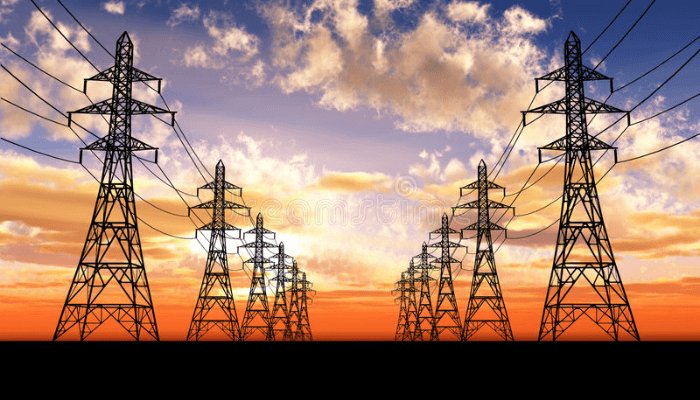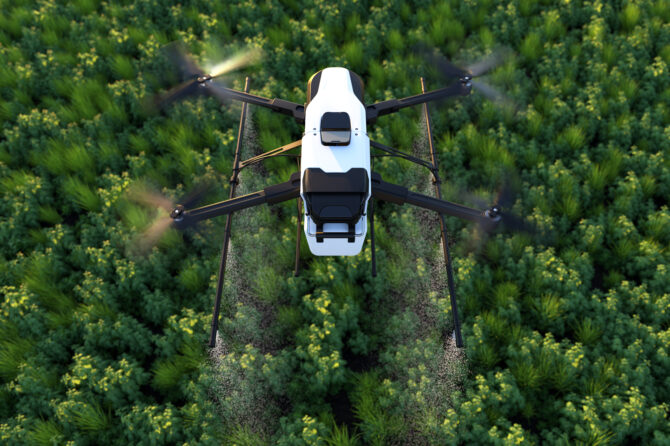Nigeria is the continent’s most populous country, nonetheless a sizable section of its population faces a fundamental challenge: a lack of access to energy. Recognizing the critical need of solving this widespread issue, the International Development Association, through the World Bank, has launched a game-changing initiative called the Distributed Access through Renewable Energy Scale-up (DARES) project. This enormous project, supported by a $750 million credit, promises to bring light and power to the lives of 17.5 million Nigerians, ushering in a new era of sustainable energy and improved livelihoods.
The Need for Electricity Access in Nigeria
The need for electricity access in Nigeria is a critical and multifaceted issue that has profound implications for the country’s economic, social, and developmental aspects. Several key factors highlight the urgency and significance of addressing the electricity access challenge in Nigeria:
- Economic Development: Lack of electricity hampers economic activities and productivity. Industries, businesses, and agricultural operations are constrained by unreliable or nonexistent power supply, limiting their potential for growth and innovation. Access to electricity is essential for the development of a robust manufacturing sector, attracting investments, creating jobs, and fostering economic diversification.
- Education and Healthcare: Electricity is vital for educational institutions, enabling the use of technology in classrooms, supporting e-learning initiatives, and facilitating research activities. Without consistent power, educational opportunities are limited. Healthcare facilities rely on electricity for medical equipment, refrigeration of vaccines and medicines, and overall operational efficiency. Insufficient power supply can hinder the delivery of essential healthcare services.
- Rural Development: Many rural areas in Nigeria lack access to electricity, perpetuating a cycle of poverty and underdevelopment. The absence of electricity limits economic opportunities, access to information, and the overall well-being of rural communities. Electrification in rural areas can stimulate economic activities, improve agricultural practices, and enhance overall living conditions, contributing to a more equitable distribution of resources.
Overview of the DARES Project
The Distributed Access through Renewable Energy Scale-up (DARES) project emerges as a pivotal initiative to address Nigeria’s energy deficit. At its core, DARES is designed to be a transformative force, leveraging renewable energy solutions to bring about a radical shift in the nation’s electricity landscape. With a clear and focused vision, the project aims to not only illuminate homes but to empower communities, fostering sustainable development. The DARES project is a substantial credit of $750 million from the International Development Association. This injection of capital represents a significant commitment from the World Bank, underlining the global recognition of the urgency to address Nigeria’s electricity challenges. The allocation of funds is earmarked for the implementation of innovative solutions that will pave the way for widespread access to clean and reliable energy. The project sets an ambitious target of providing access to electricity for 17.5 million Nigerians. This deliberate focus on individual beneficiaries underscores the project’s commitment to inclusivity, recognizing the transformative power that electricity holds for households, businesses, and the overall socio-economic fabric of the nation.
Conclusion
DARES is not merely a financial investment; it is a strategic response to a pressing need. By addressing the electricity access gap head-on, the project holds the potential to uplift millions from the shadows of energy poverty, fostering a more inclusive and equitable society.












